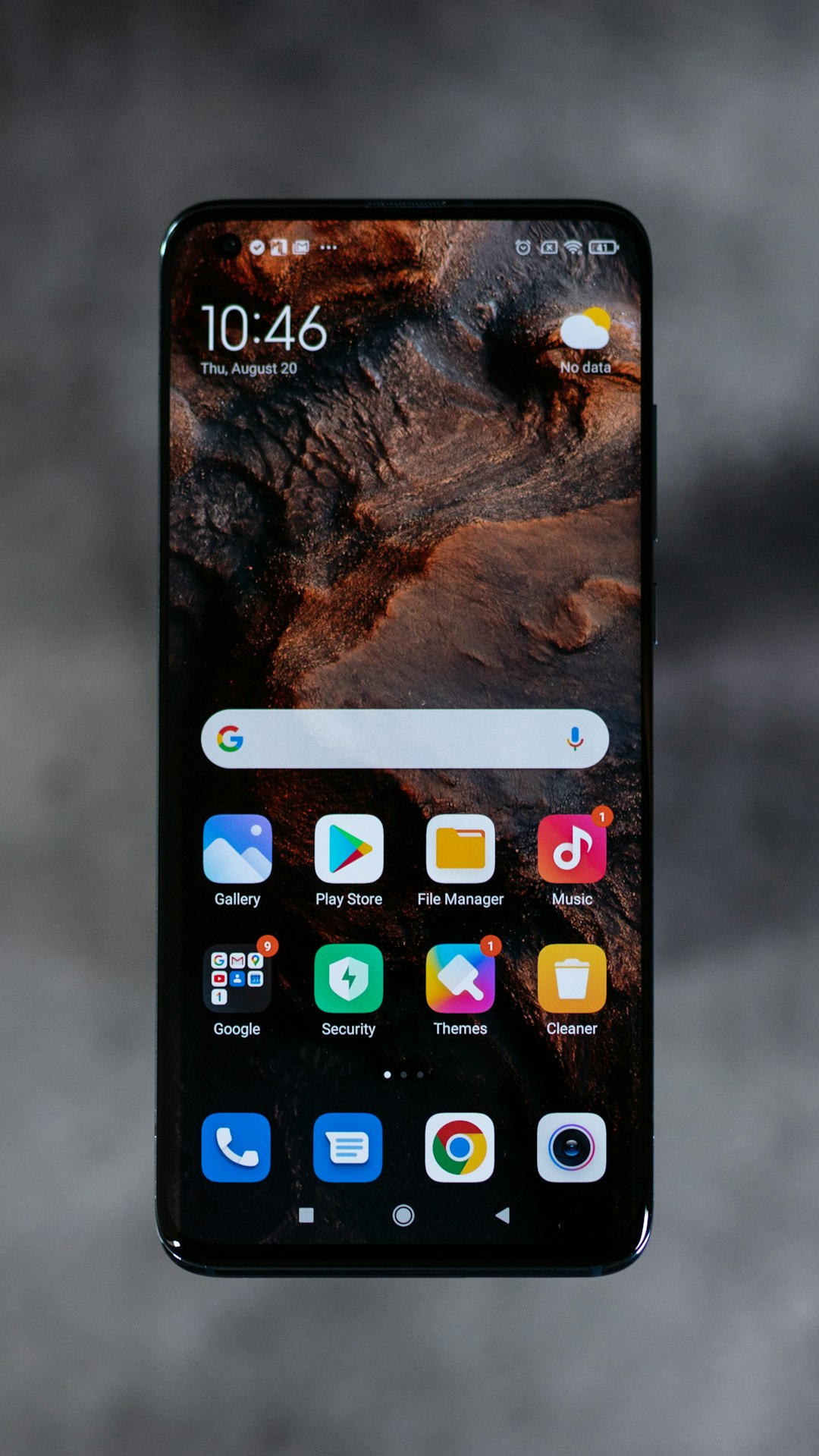In North Carolina, dealing with robocalls and spam texts is regulated by federal laws like the TCPA. Residents can fight back by blocking numbers, reporting messages to the FCC or local authorities, and consulting robocall lawyers. Swift action helps curb unwanted communications and contributes to a safer digital environment.
In the digital age, no one is immune to unwanted text messages, particularly from robocall lawyers and spammers in North Carolina. Understanding how to identify and report these nuisance calls is crucial for maintaining a peaceful and uncluttered communication environment. This guide delves into the legal framework surrounding spam reporting in NC and outlines effective steps to combat robocall lawyers, ensuring your peace of mind. Learn how to protect yourself and contribute to a cleaner digital landscape.
Understanding Robocalls and Spam Texts in North Carolina

In North Carolina, as across the nation, robocalls and spam texts have become a widespread nuisance. These automated messages, often delivered en masse, can be a significant source of frustration for residents. While some may be legitimate marketing efforts, many fall into the category of unwanted communication, including telemarketing calls, political campaign messages, and fraudulent schemes designed to deceive or scam recipients. Recognizing the impact these robocalls and spam texts have on individuals and communities, it’s crucial to understand how to effectively report them.
North Carolina residents have several options when it comes to addressing these issues. Reporting these unwanted messages not only helps protect others but also provides valuable data for law enforcement and consumer protection agencies. One effective step is to identify the source of the robocall or text message. Many modern smartphone operating systems offer built-in tools to block and report spam calls, while various online resources and dedicated apps are available to aid in this process. Collaborating with robocall lawyers in North Carolina can also provide avenues for legal action against persistent or illegal spammers.
Legal Framework for Reporting Spam in NC

In North Carolina, the legal framework for reporting spam texts and robocalls is primarily governed by federal regulations, specifically the Telephone Consumer Protection Act (TCPA). This legislation grants consumers the right to opt-out of receiving unsolicited telemarketing messages, including text spam. If you are experiencing an excessive number of unwanted text messages or robocalls in North Carolina, it is advisable to consult with a robocall lawyer who specializes in TCPA cases. These legal professionals can guide you through the process of filing a complaint and help ensure your rights are protected.
North Carolina residents have the option to report spam texts directly to the Federal Communications Commission (FCC), which enforces TCPA regulations. The FCC provides an online complaint form that allows individuals to document their experiences with robocalls or text spam. By reporting these incidents, you contribute to a broader effort to combat deceptive and harassing telemarketing practices. Additionally, many telecommunications service providers offer mechanisms for blocking and filtering unwanted calls, further mitigating the impact of spam texts in North Carolina.
Steps to Report Robocall Lawyers and Other Spam Texts Effectively

To report robocall lawyers and other spam texts effectively in North Carolina, start by identifying the source of the unwanted communication. Note down the phone number from which the calls or messages are originating. Next, block the number using your device’s settings if available. This simple step will prevent further contact from that specific number.
Once you’ve blocked the sender, proceed to inform your state’s regulatory bodies about the spam texts. In North Carolina, you can report these incidents to the North Carolina Department of Justice or the Federal Trade Commission (FTC). Provide them with detailed information, including the date and time of the call, the content of the message, and any unique identifiers like phone numbers or email addresses. Your swift action contributes to a safer digital environment for everyone in North Carolina by helping to curb robocall lawyer spam.






